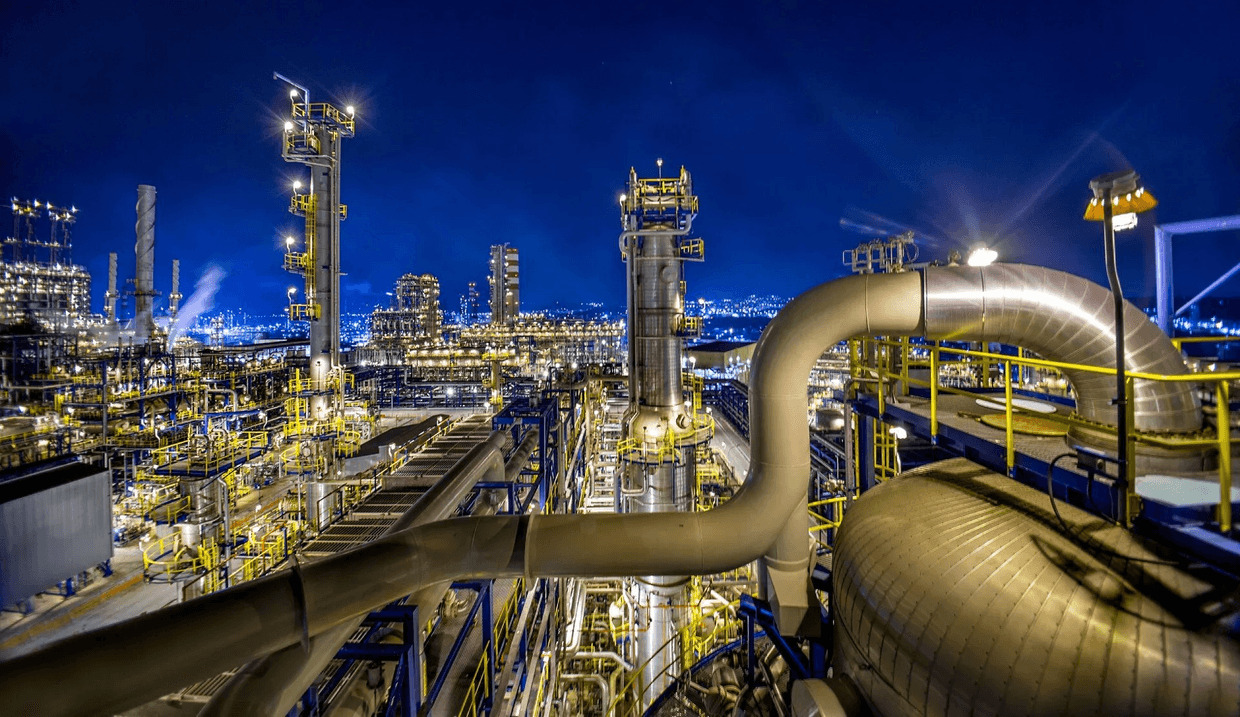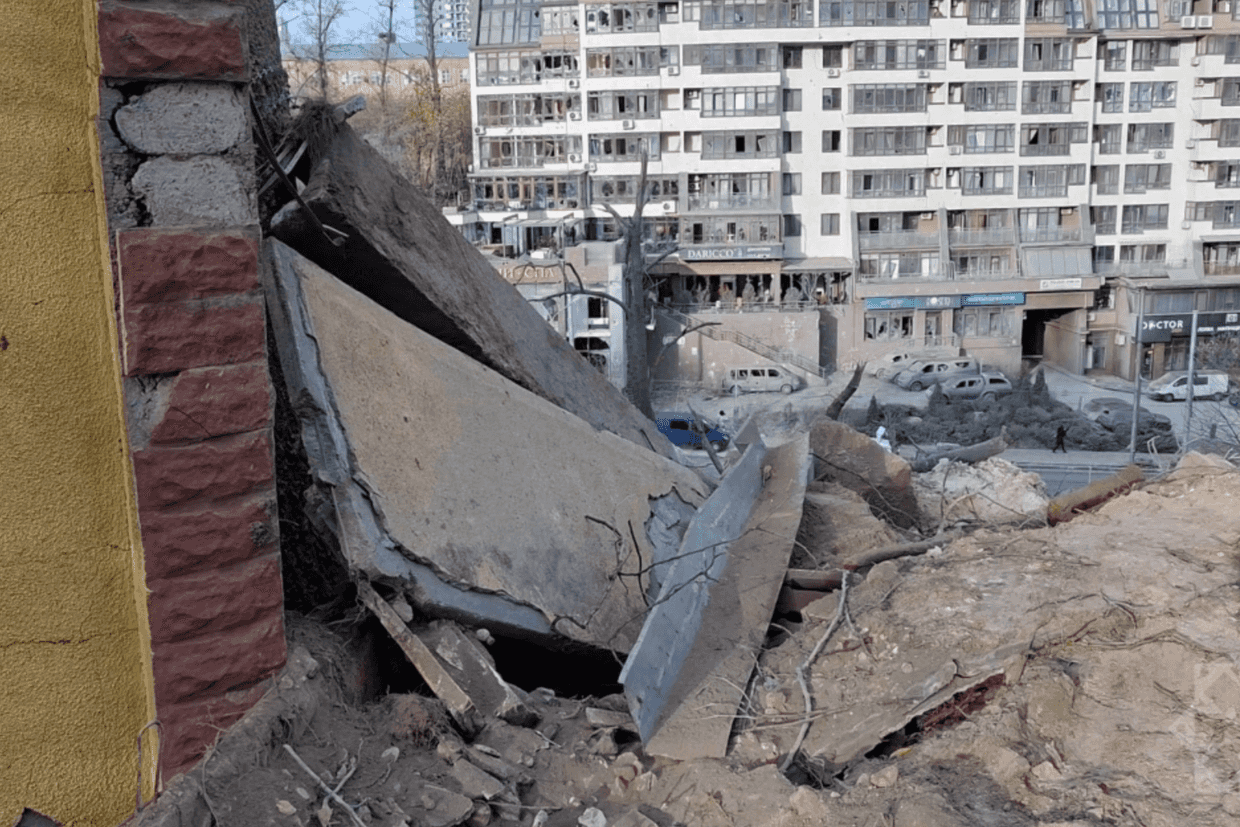EU sanctions quietly extend to Azerbaijani refinery for processing Russian petrol

The EU’s sanctions against Russia have quietly extended to Azerbaijani state-owned STAR Refinery in Turkey, with Brussels telling OC Media that the refinery was subject to a ban for processing Russian crude oil.
Imports from the refinery are subject to a ban under the EU’s 18th sanctions package, adopted in July 2025. The package bans the import of refined products made from Russian crude if processed in third countries as an anti-circumvention measure.
The legislation named 26 entities subject to export bans on dual-use items, including 11 logistics firms in China, Hong Kong, India, and Turkey. Refineries, however, were not explicitly listed.
When contacted by OC Media, EU foreign affairs spokesperson Anitta Hipper confirmed that STAR, jointly owned by the Azerbaijani government and its state oil company SOCAR, was covered by the package.
‘What the EU did with the 18th package adopted in July 2025 is to introduce a ban on imports from third countries of refined products made of Russian crude oil’, she said. ‘Insofar as the STAR refinery — or any other refinery in third countries — uses Russian crude oil to make products aimed for export to the EU, this will no longer be allowed’.
Hipper stressed that the goal is to cut off Russian oil revenues.
‘This is intended to prevent Russian crude oil from reaching the EU market in any form and it is part of the EU strategy to increasingly weaken Russia’s ability to wage war’.
The clarification may spell the end of STAR’s role in handling Russian oil for European buyers. Since Russia’s full-scale invasion of Ukraine in 2022, Azerbaijan has often been accused of ‘rebranding’ Russian fossil fuels through its infrastructure.
The accusations were repeatedly refuted by the presidential administration of Azerbaijan.
Attention has also fallen on Azerbaijan’s crude fleet. In May, OCCRP reported that the Zangezur tanker had been blacklisted by the UK as part of Russia’s ‘shadow fleet’, and was soon added to the EU’s list as well.
By July, Armenian outlet Hetq revealed that two more Azerbaijani vessels — Shusha and Karabakh — had also been sanctioned. In 2023, all three were rebuilt as Aframax carriers — a medium-haul crude carrier — and regularly transported crude from Russia’s Primorsk port to Turkey’s Nemrut terminal, the gateway to STAR.
STAR refinery itself has faced scrutiny since Azerbaijan controversially shifted its loans from US banks to Russian creditors in late 2023, while refitting its tankers to carry Russian crude.
In 2024, environment watchdog Global Witness reported that most of the crude processed at STAR likely originated in Russia before being exported to the EU.
Transport data showed that over 90% of the crude oil came from Russia in early 2024. In the first quarter of 2024, the STAR refinery imported an estimated $1.2 billion worth of Russian oil, compared with $500 million two years before.
‘For far too long, EU purchases of Russian oil products have funded the war in Ukraine’, said Jon Noronha-Gant, a senior fossil fuels investigator from Global Witness.
‘It is very good news that Brussels is clamping down, stopping purchases from refineries like STAR that have bought so much Russian oil’.
Noronha-Gant added that the EU has all necessary tools to impose the sanctions efficiently.
‘The EU has the data, it can enforce its sanctions. By pipeline or by boat, oil products from refineries using Russian oil can be traced and when Brussels shows the political will to take action, it can do so’.











